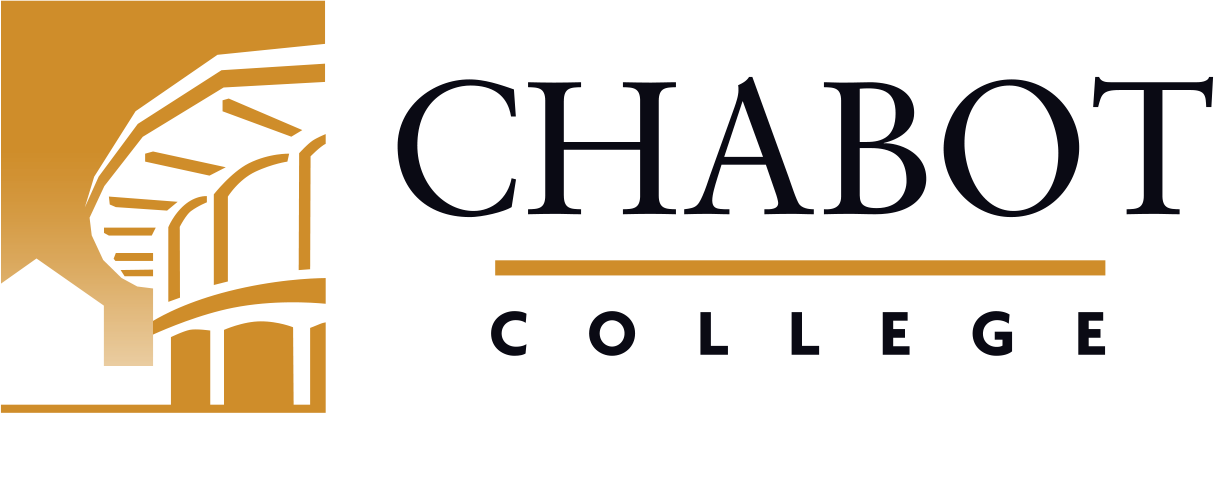
Course Outline for Early Childhood Development 208
Introduction to Careers in Education
Effective: Fall 2022
SLO Rev: 07/29/2021
SLO Rev: 07/29/2021
Catalog Description:
ECD 208 - Introduction to Careers in Education
18.00 Hours
May be repeated 99 time(s)
This course will provide students with an introduction to teaching and education as a profession. It will provide an overview of teaching opportunities, requirements, educational pathways and certifications in California in a range of school settings including early childhood education, Transitional Kindergarten, K-12 (elementary, middle and high school), and community college. The course will address the qualities, skills and dispositions of an effective teacher, and critical issues in diverse contemporary classrooms. Career opportunities and labor market demand for teachers as well as other career pathways in education will be covered. ECD 208 is an introductory level (non-credit) course and is intended to provide students exposure to vocabulary and concepts in education and teacher preparation. Students can use the skills gained from this class to transition to credit level ECD courses. This course is free and students may repeat this course until mastery of the skills is met.
NONE: .
0899.00 - Other Education*
Pass/No Pass/Satisfactory Progress
| Type | Hours |
|---|---|
| Lecture | 18.00 |
| Total | 18.00 |
Measurable Objectives:
Upon completion of this course, the student should be able to:
- identify and define common school-based careers in California;
- describe educational pathways and certifications for teachers at all levels of education;
- describe the labor market demands for teachers;
- discuss skills and dispositions that make for an effective teacher and the rewards of a career in teaching.
Course Content:
- Introduction to teaching careers in California in a variety of settings
- Early childhood programs
- Elementary schools
- Middle and high schools
- Community colleges
- Other school-based careers
- Preparing to become a teacher
- Reflection on why to become a teacher
- Qualities of effective teacher
- Skills and dispositions required of being a teacher
- Observation of teachers in the classroom
- Examination of one’s own personal skills and experiences and how it relates to a career in teaching.
- Teaching profession in California
- Labor market and projected demands for teachers in California
- Understanding labor market issues
- Why teach? Benefits and rewards of teaching
- The state’s need for educators who are prepared to teach:
- ELLs,
- students with special needs, and
- underrepresented populations
- Pathways to becoming a teacher in California
- Permits
- Licenses
- Degrees
- Credentials
- Qualifiying exams
- Classroom experience
- Pathway Options for:
- New students
- Career changers
- Foreign degree holders
- Supports and resources for future teachers
Methods of Instruction:
- Class and group discussions
- Guest speakers
- Group Activities
- Lectures
- Presentation
- Written assignments
- Research project
- Presentation of audio-visual materials
- Textbook reading assignments
- Distance Education
Assignments and Methods of Evaluating Student Progress:
- Read and summarize requirements for teaching positions ( ECE, TK-12 and community college) in California and the role of the Commission on Teacher Credentialing.
- Observe a classroom teacher (either live or on video) and reflect on teaching methods and teacher practice.
- Write a personal reflection on one's interests, skills and experience that could be valuable to building a career as a teacher.
- Assigned activities
- Written assignments
- Final Examination or Project
- Oral Presentation
- Quizzes
- Attendance
Upon the completion of this course, the student should be able to:
- Develop a personal career plan based on knowledge of teaching qualifications and requirements, and reflection on one’s personal characteristics, experiences and goals.
Textbooks (Typical):
- Education Department, SUNY Oneonta (2021). Foundations of Education Lumen.
- Instructor generated handouts on teacher pathways..
- Website: California Commission on Teacher Credentialing (www.ctc.ca.gov).
- Website: Teach California (https://www.teachcalifornia.org/).
- Website: California Community Colleges Teacher Preparation Programs (http://teacherprepprogram.org/).
- None
Abbreviated Class Schedule Description:
Curious about being a teacher but unsure of what degree to get? Want to know the difference between being a preschool, first grade teacher, or high school teacher? This overview course will introduce you to the opportunities and requirements of teaching in all settings, from preschool to community college, and the skills and qualities necessary for being an effective teacher. As a part of the course, you will map your own academic pathway that can lead to a rewarding career in education.
NONE: .
Discipline:
Child Development/Early Childhood Education*, and Education*, and